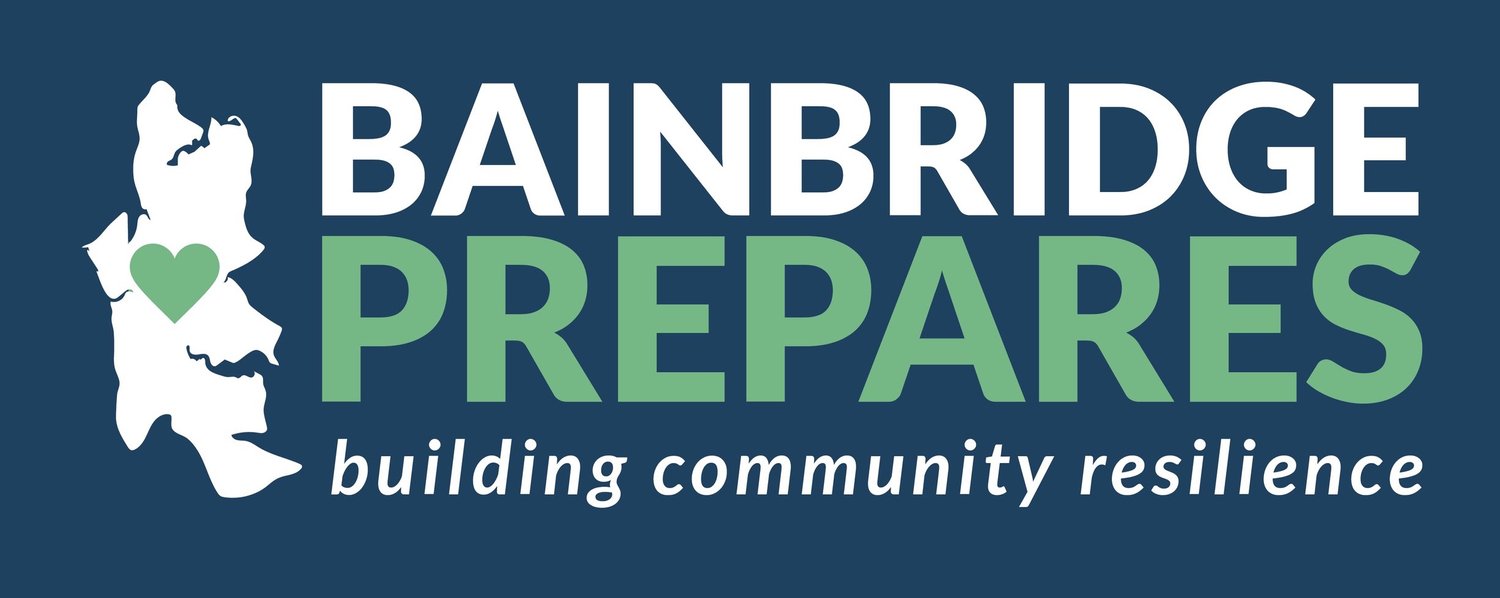Prepare to Keep Your Family Safe During Cold Weather and Snow
 Early this morning, December 7, a 30-car pileup on I-90 near Ellensburg shut down the highway for about 10 hours. Imagine sitting in your vehicle for that long when the temperature outside is in the teens or 20s. Now is a good time to prepare so that, when unexpected events like a highway accident happen during the winter, you and your family are ready.
Early this morning, December 7, a 30-car pileup on I-90 near Ellensburg shut down the highway for about 10 hours. Imagine sitting in your vehicle for that long when the temperature outside is in the teens or 20s. Now is a good time to prepare so that, when unexpected events like a highway accident happen during the winter, you and your family are ready.
Information
Preparation starts with information. The latest FEMA Region 10 quarterly newsletter Individual and Community Preparedness recommends people pay attention to forecasts and know the difference between a winter storm warning and a watch. A watch gets issued 12 to 48 hours before an anticipated weather event. A warning happens during the event or 12 to 24 hours before.
The article also explains that people can experience hypothermia when body temperature drops as few as 2 to 4 degrees. Keep track of the temperature in your vehicle, in your home, in your chicken coop, and wherever lives might be endangered by a temperature drop. Older adults have trouble detecting temperature changes, so keeping an indoor thermometer handy is especially important for them.
Vehicle
You never know when you might get stuck; be prepared.
- Keep winter supplies in your car:
- jumper cables
- flashlight
- sand
- warm clothes
- blankets (reflective foil blankets don't take up much space at all)
- bottled water
- nonperishable snacks
- cell phone charger
- windshield scraper
- gloves/mittens
- foldable camp shovel
- tired gains and tow ropes
- first aid kit
- tire repair compressed air and sealant
- emergency distress flag
- emergency radio and batteries
- matches/lighter and a can (so you can melt snow for drinking water)
- Make sure your car's tank is full. Refill it every time you get to a half tank.
- Keep your tires filled to the recommended level.
- Change out your windshield wiper fluid to a winter mixture.
HomeAlso consider the following recommendations for general winter preparedness in your home:
- Protect your exposed water pipes during extreme cold.
- Make sure your indoor emergency supply kit is stocked with enough food and water for three weeks for each member of your family, including pets and livestock.
- Have your flu and chimney inspected annually.
- Check your furnace and vents annually.
- If you have a Christmas tree, water it daily.
- Don't leave candles burning when you're not home.
- Keep a thermometer indoors.
Good PracticesFinally, practice smart winter behaviors:
- Snow and cold can make activities more difficult to perform, and the exertion can lead to heart attacks. Be extra careful when shoveling snow or walking through snow or on ice.
- If you have a generator and the power goes out, only use it outside to avoid carbon monoxide poisoning.
- During extreme cold or snowstorms, check in with neighbors to make sure they are okay.
- Bring pets and livestock indoors when it's cold.
- Make sure wild birds and other outdoor animals have access to unfrozen drinking water.
